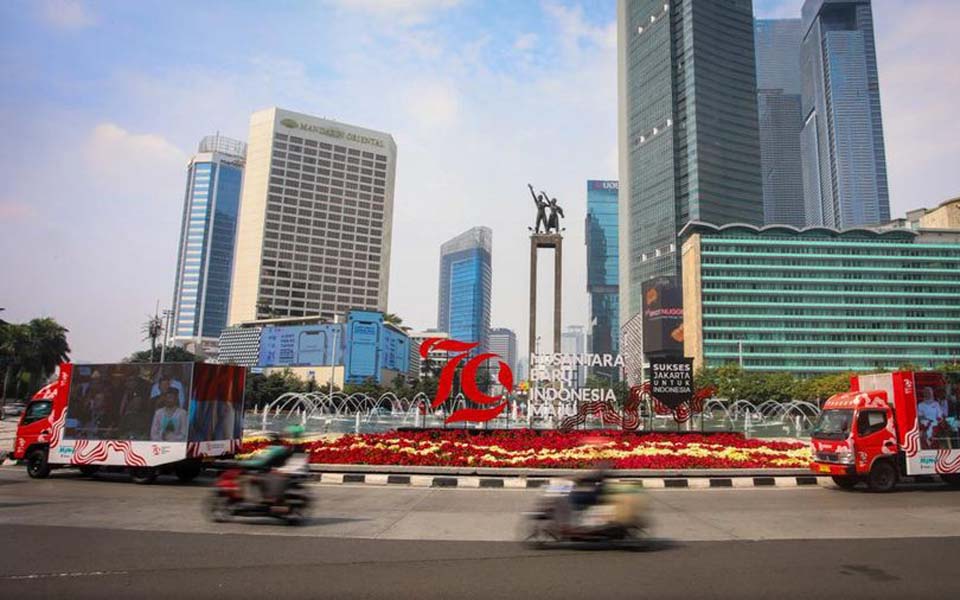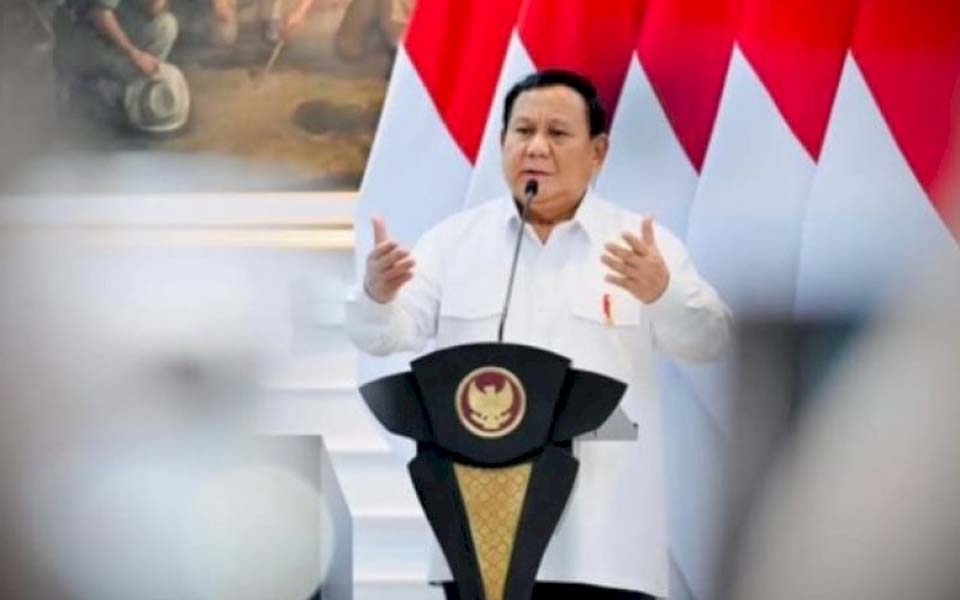Deti Mega Purnamasari, Jakarta – Democracy in Indonesia has declined for the first time since the beginning of the reformasi era – the political reform process that began in 1998. The cause of the decline in democracy is of high levels of discrimination against minorities.
This was one of the findings of research by Saiful Mujani Research Consulting (SMRC) which were conveyed by SMRC founder Saiful Mujani during a discussion titled The Dimming of Democracy in Indonesia at the SMRC offices in Gondangdia, Central Jakarta, on Sunday August 4.
“Indonesia still has problems related to public opinion, such as the majority of the public objecting to having leaders of different religions [other than Islam]”, said Mujani.
Although democracy has declined, nevertheless democratic life in Indonesia is still better that in other South-East Asian countries such as Singapore or Malaysia.
Almost the best
Mujani explained that democracy in Indonesia improved between the years 1997 and 2018. This is based on the freedom trends in Indonesia according to Freedom House, which uses a scale of 1-7 taken from various aspects. The lower the figure the freer a country is.
Over the last seven years, according to Mujani, the decline in democracy in Indonesia has become serious. In 2011 and 2012, Indonesia’s freedom index was 3, which then dropped to 4 between 2013 and 2018.
“Indonesia almost achieved the status of being completely free in 2005-2012 but after that it again declined to partly free until now”, said Mujani.
Discrimination and intolerance
Mujani explained that not many democratic countries in Asia have achieved the status of completely free. In ASEAN, only Indonesia achieved a rating of completely free between 2005 and 2012.
The positive contribution to democracy in Indonesia allowing it to achieve a status of completely free was gains in politics and political rights.
“The thing which caused this to decline, although it remains stable, was the failure of political pluralism to flower”, said Mujani.
“Citizens with different identity backgrounds still have problems, namely they lack the right to pursue their aspirations as public officials”, he said.
Not only that, Mujani explained that tolerance and pluralism has yet to grow and this is one of the reason why democracy in Indonesia is continuing to decline.
Mujani also said that there are two dimensions related to rights and freedom in democracy, namely civil rights and civil freedoms.
Civil rights in Indonesia are good even though there are still many issues that need to be addressed. However the fulfillment of civil freedoms in Indonesia has declined seriously.
[Translated by James Balowski. The original title of the article was “SMRC: Demokrasi Indonesia Turun Karena Diskriminasi”.]















